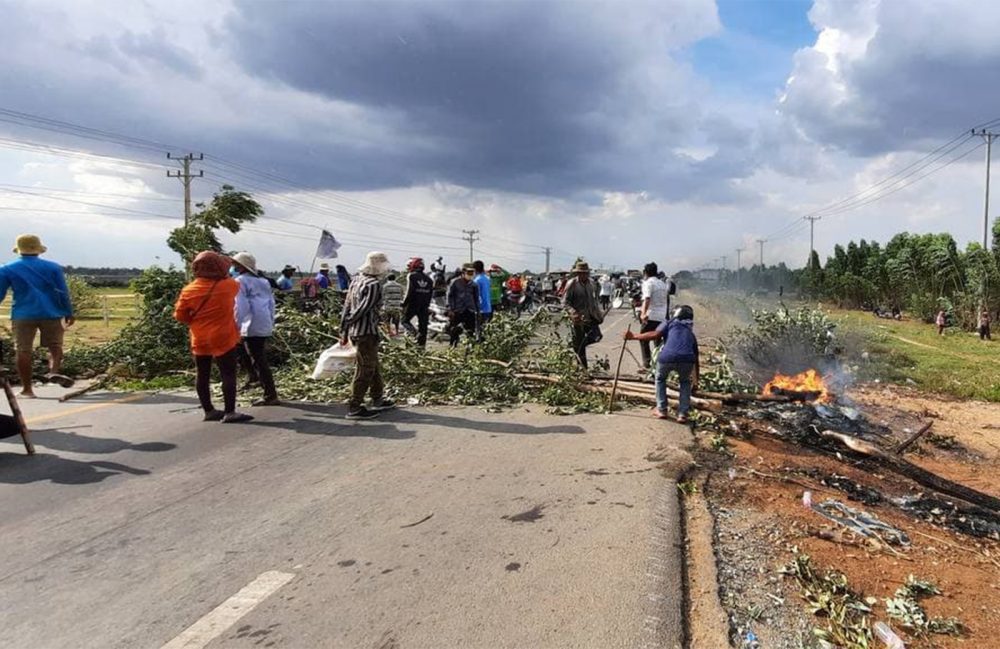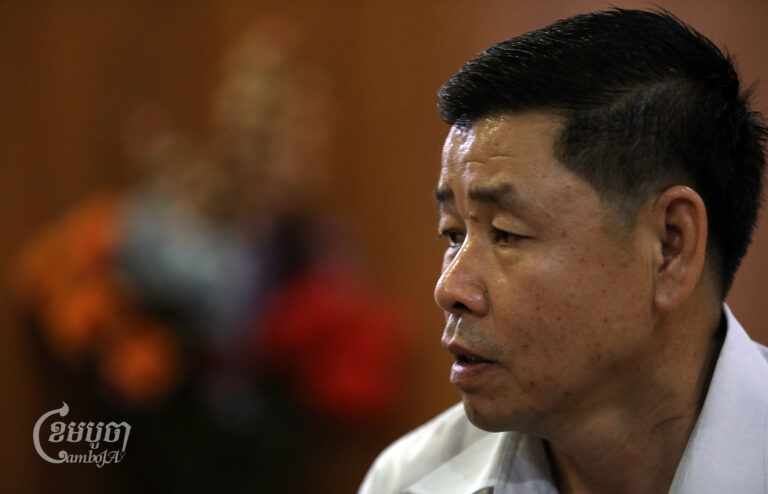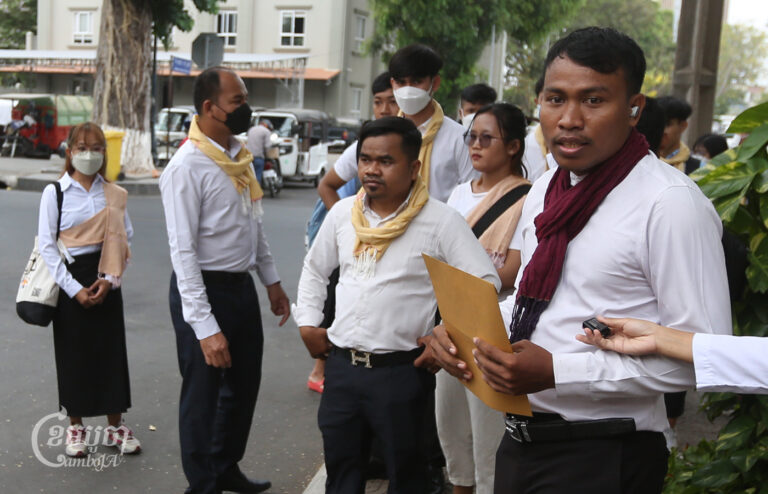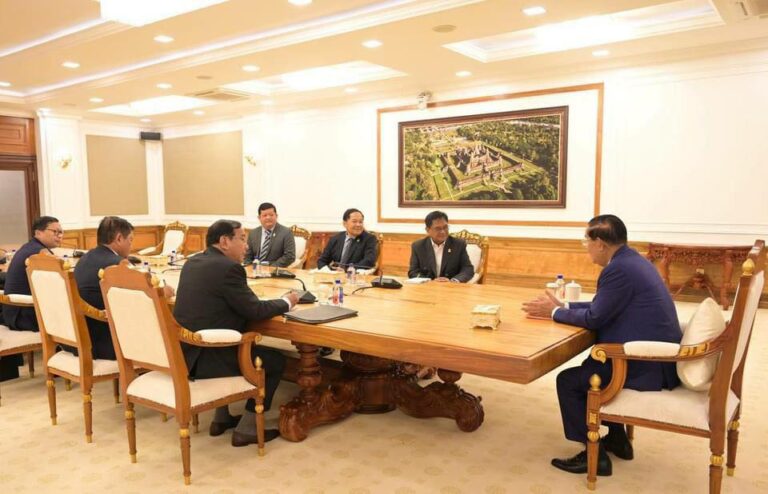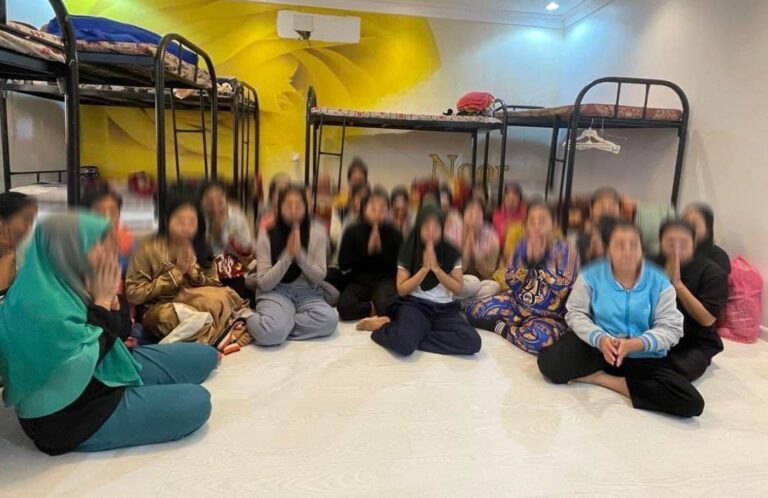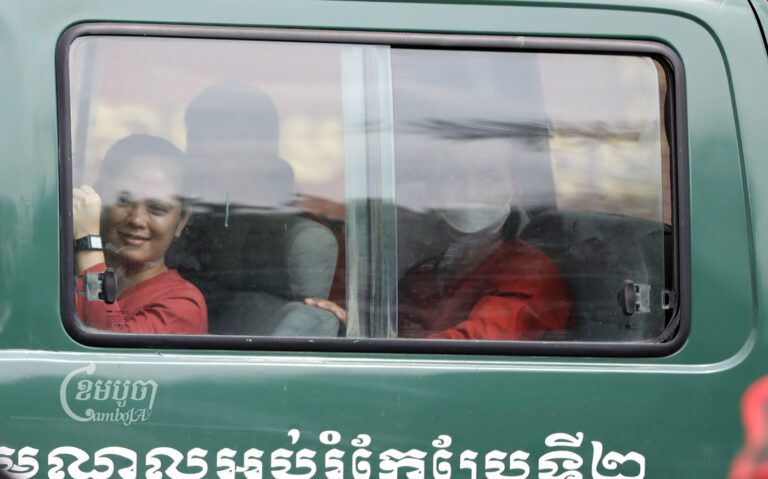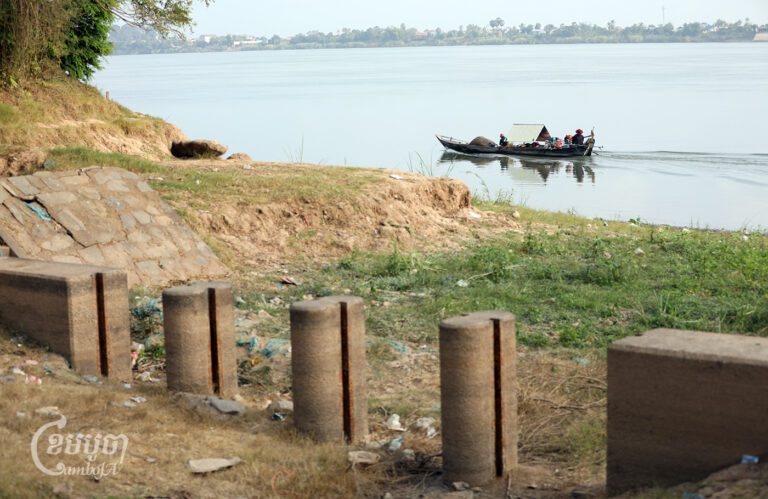The U.S. Department of State’s 2021 country report on human rights pertaining to Cambodia, released on Tuesday, found that Cambodian government officials continue to violate human rights – notably, by threatening the use of force against political opponents of Prime Minister Hun Sen.
Among the violations reported are torture, cruel, inhuman, or degrading treatment, and the arbitrary detention of judiciary members. It also reported interference in the private lives of citizens through pervasive electronic media surveillance, serious restrictions on free media, expression, and political participation, and widespread corruption.
“There were credible reports that government officials, including police, committed abuses and acts of corruption with impunity, and in most cases the government took little or no action,” read the report. The ruling party’s armed wing and other members of the security forces were also implicated.
However, all allegations have been denied by government officials.
Khieu Sopheak, a spokesman for the Interior Ministry, has maintained that the Cambodian national police have only carried out law enforcement, to safeguard the country’s security and public order against persons who have committed offenses.
“The police have only arrested people who have broken the law. The police do not crack down on people exercising their opinion,” he said.
“The arrests were correctly implemented according to court warrants, so we have rejected that stupid report. It isn’t reflective of the true situation in Cambodia,” Sopheak said.
The report also found that the government had significantly employed the use of arbitrary charges of “incitement” over the last two years, using the law to charge political opposition leaders and their supporters with crimes. Increasingly, it has also been harassing independent labor leaders, environmental activists, and citizens who make “politically sensitive comments” on social media—for instance, about the government’s COVID-19 response, land rights disputes, its border issue with Vietnam, and its relations with China.

By the end of 2020, the government had reportedly filed at least 200 cases of incitement, up from about 40 in 2019. This included a mass filing of incitement charges against approximately 120 individuals in November 2020, most of whom were associated with the former opposition Cambodia National Rescue Party.
“The law criminalizes the direct incitement to commit a felony or disturb social security, a vague standard commonly used to suppress and punish peaceful political speech and dissent,” the report said.
In addition, the report also highlighted the long-suspended trial of former political opposition leader Kem Sokha for alleged treason, suggesting that the judiciary was not acting independently.
Chin Malin, Secretary of State and a spokesman for the Cambodian Human Rights Committee, has refuted the U.S. report as baseless. He said reports by the U.S. have toed the line of local organisations who have received foreign funds to further foreign agendas in criticizing the government.
“These reports are the same as in previous years… Our Cambodia has no obligation to favour any country, and we have been serving the Khmer people as a whole nationwide,” Malin said.
However, Am Sam Ath, the operation director of the human rights group Licadho, affirms the findings of the U.S. report. He said that local human rights groups have witnessed the decline of human rights in Cambodia.
He also said that if Cambodia fails to respond adequately to the findings in the U.S. report, the country would lose out internationally – such as the withdrawal of Cambodian exports from duty-free and quota-free access to the European Union market under the Everything But Arms trade agreement.
Both Chhay Kimkhoeun, spokesman of the Cambodian National Police, and Defense Minister Tea Banh could not be reached for comment.


